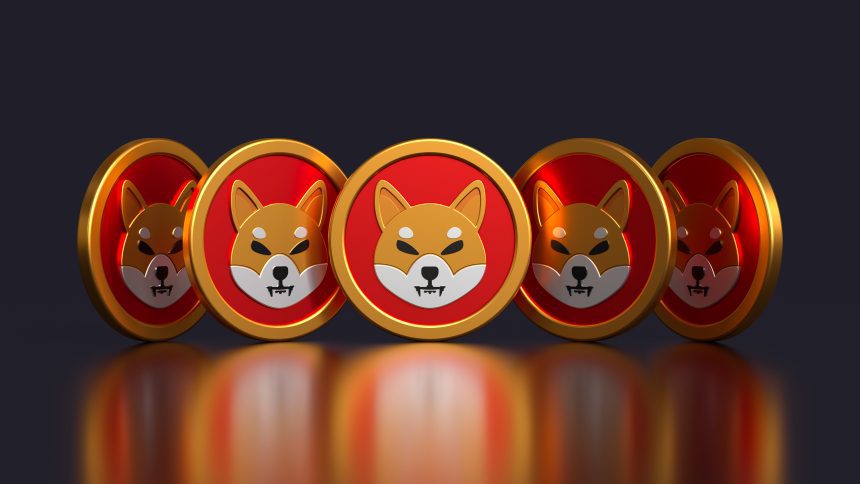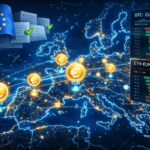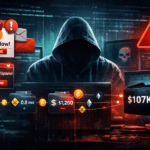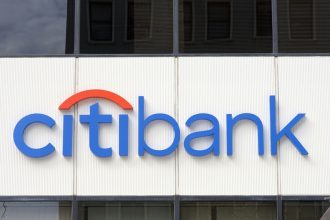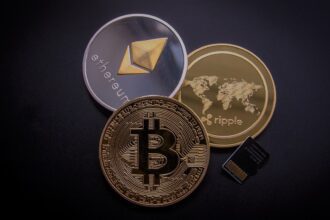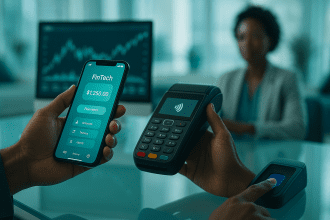Every crypto chat somehow ends up about altcoins. They’re like that loud cousin who always shows up sometimes annoying, sometimes brilliant, but never boring. The word “altcoin” sounds high tech, but it’s really simple: any coin that isn’t Bitcoin. If Bitcoin’s the Coca Cola of crypto, then altcoins are all the wild soda flavors each trying to stand out, fizzing with their own idea of what money could be. Everyone keeps comparing back to Bitcoin because, well, it’s the first. The classic. The gold standard that everything else measures itself against.
It all started in 2009 with Bitcoin’s quiet launch. Two years later, developers began experimenting with its code, curious about what else was possible. Litecoin was one of the first, built to go faster and cost less. That cracked the door open, and soon, projects flooded in each with a different dream. Some tried to fix Bitcoin’s limits. Others built whole new worlds. Then Ethereum showed up and changed everything. Smart contracts turned the blockchain into a programmable playground. DeFi, NFTs, DAOs all of it began there. Without Ethereum, crypto would still look like a one-hit wonder.
Bitcoin plays the role of digital gold simple, safe, slow to change. Altcoins? They’re tools, experiments, ecosystems. Some unlock apps, others manage voting or payments, and some keep your data private. Think of Bitcoin as solid gold and altcoins as stocks each one risky, ambitious, and full of personality. Over time, they split into types: utility tokens, stablecoins, governance tokens, privacy coins, and meme coins. Each scratches a different itch. Dogecoin did it with pure community energy and a wink.
Under the hood, all altcoins ride blockchains, but the blueprints vary wildly. Ethereum built the developer hub. Solana pushed speed limits. Cardano took the academic route. Ripple chased the banks. Polkadot wanted to connect them all. And Dogecoin? It just rode good vibes into market cap glory. Every design trades something speed for trust, energy for security and you can feel those choices every time you use one.
Altcoins exist because no single blockchain can do everything. They’re open labs for ideas some fail fast, others become the next big thing. DeFi, decentralized exchanges, tokenized assets they all came from that chaos. But it’s risky out there. Scams happen. Prices swing. Regulators are still figuring things out. Most altcoins fade away. The ones that last? They combine real users, strong tech, and common sense economics.
If you’re thinking of diving in, take it slow. Use trusted exchanges. Learn wallets. Guard your keys like treasure. Research before buying. Ask: what problem does this coin solve, and does anyone actually need it? Diversify, sure but know that volatility here can make Wall Street look sleepy.
As for where it’s all headed altcoins are aiming for invisibility. The winners will scale smoothly, connect seamlessly, and just work. Bitcoin will remain the anchor of this digital ocean, the steady reserve. Altcoins will build the machinery of the next economy quietly, in code. So yeah, the risk is real. The noise is constant. But when breakthroughs land, they tend to reshape everything.


